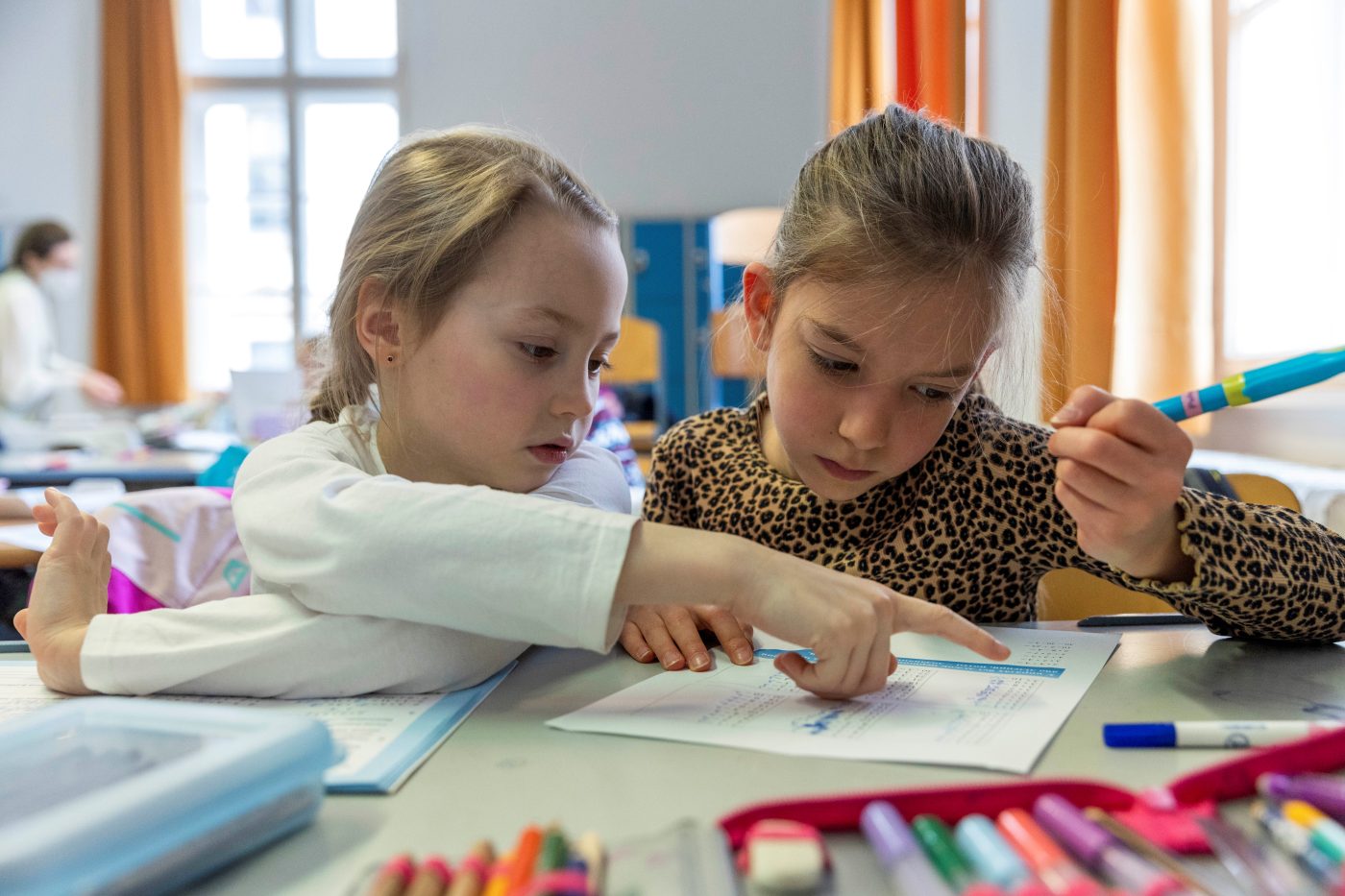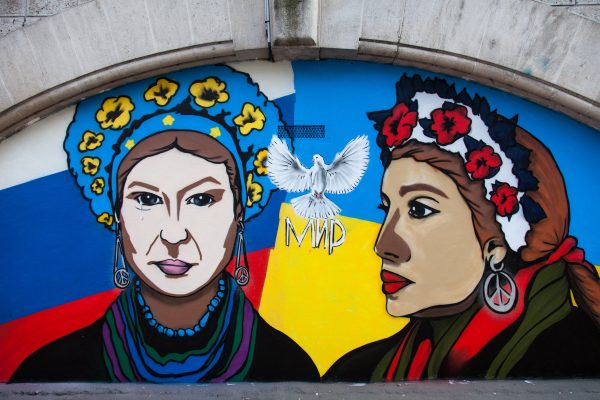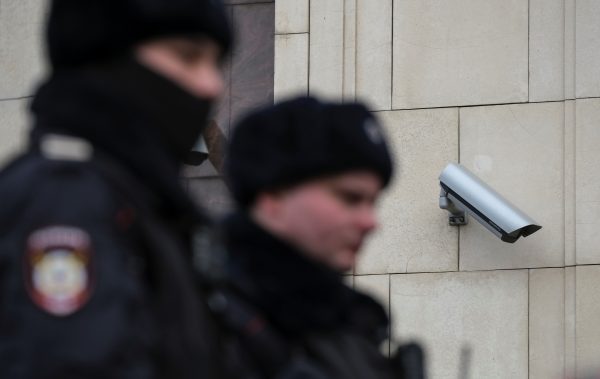In the midst of new discussion over a possible “peace” for Ukraine — which may be neither just nor genuinely peaceful — one critical factor in determining the war’s outcome often goes overlooked: the Ukrainian people themselves.
For those seeking the source of Ukraine’s unwavering defiance, look no further than the profound sense of dignity that drives them. And while it might sound sentimental, there’s no denying that an intangible moral resilience caught many experts off guard — analysts who, guided by statistics and logistical calculus, had confidently predicted Ukraine’s capitulation within days.
Yet numbers alone were never going to measure the resolve of a people fighting not merely for territory, but for identity, sovereignty, and self-respect.
Do not mistake this for chest-thumping national pride — the kind that fuels nationalism and imperialism. This is about humanism and fairness, where individuals matter, and the game is rule-based. While values like dignity and human rights may seem inherited for those the Western world, and are often taken for granted, Ukrainians remember all too well the times shaped by Soviet ideology, where hundreds of lives were often worth less than a penny.
The Generation of Dignity can be traced back to changes in the educational system, where young people’s ideals and knowledge are fostered. Since 2008, Ukraine’s system of External Independent Evaluation — national standardized tests that rank students for university placement — has given students the chance to succeed based on merit, within a system of fair competition and clear rules. The change meant that this first step into adult life was entirely transformed — when facing the system, you are no longer destined to fail.
This change may seem self-evident, but in post-Soviet Ukraine, it was revolutionary. The old system of nepotism and corruption often sidelined the best talent, those who lacked the connections or money to enter the social elevator. As a result, the country had a low return on investments in human capital, and many young Ukrainians lost faith in the idea of fair play.
I was one of the youngest MPs in the Ukrainian parliament at the time, and vividly recall the burning sense of injustice, so I initiated a mechanism to give young talent a real chance in life and to provide the country with the economic force needed for sustainable growth. The initiative was met with enthusiasm by Ukrainian society.
A study by the Sociological Group Rating shows that in the 10 years since the introduction of the evaluation, public trust has only strengthened. In 2008, just 25% supported replacing traditional exams with the EIE and only believed it was fair, but a decade later, the number doubled. Moreover, nearly 75% of those who took the EIE positively assessed it and trusted its fairness.
The main value, however, was the belief instilled in students that their actions matter, that they count as individuals striving for goals bigger than themselves, contributing not to pride but to self-respect. The shift in the “quality of students” forced professors to elevate their own standards, propelling the education system forward.
As a side effect, school education has improved through the modernization of content and methods, including a shift toward child-centered and humanized approaches. This has helped break the legacy of the Soviet paternalistic system, which molded an obedient, compliant population, rather than active free-thinking citizens.
Most importantly, however, it fostered civic activism and entrepreneurial spirit. During the Revolution of Dignity in 2014, students weren’t afraid of being expelled, when threatened, knowing they could still enter another university on fair terms. After the full-scale invasion, it was Ukraine’s civil society that took care of the needs of servicemen, the internally displaced, wounded and vulnerable. They were more efficient than the state.
The promise of a fair chance drove schoolchildren to learn, with Ukrainian students ranking better in mathematical and science literacy competencies in each round of global studies like PISA or TIMSS.
Why does it matter in a time of war? People who can grasp complex and abstract concepts are better at solving real-life problems, making them more effective as a resilient force both on the front lines and behind the scenes.
At the beginning of this year, Mykhailo Fedorov, Ukraine’s Minister of Digital Transformation, called on citizens to contribute to the war effort by building FPV drones at home through the “People’s Drone” initiative from Victory Drones, backed by the Dignitas Technology Aid Fund.
The program offers a short online engineering course that guides participants in assembling a seven-inch FPV drone. Once completed, the drones are sent for quality checks, and if they pass, are delivered to the military. This is one of many such courses offered to Ukrainians.
How is that going? By this year, newly created Ukrainian companies and individuals had helped to produce 4 million drones per year, with over 1.5 million already contracted, including a variety of long-range strike drones. Most are designed to be simple, inexpensive, and effective, regardless of their appearance, such as the Drainpipe Drone.
The components for a seven-inch drone cost around $290, for an 8-inch device, $467, and for a 10-inch model, $722. These prices do not include tools, batteries, or additional components. Parts are typically ordered through platforms like Aliexpress, Alibaba, and FlyMod, while funding comes via fundraising or state orders. Though they are slightly more expensive than “a cup of coffee in the Pentagon”, Jane Harman, Chair of the Commission on the National Defense Strategy, is right to say the US and its allies can learn from Ukraine.
Former CIA Director and retired four-star US General David Petraeus noted that Ukrainians demonstrate extraordinary individual initiative and innovation. The drone battalion is a Ukrainian invention. It is highly likely that one day, there will be no need for European boots on the ground as guards of a future line of demarcation on the frontline, but deadly swarms of drones in the air.
The world may remain skeptical of Ukraine’s ability to win the war, but we press on with dignity, teaching others a lesson on what fearlessness and a commitment to values truly mean.
Lesia Orobets is a Ukrainian social activist, and former politician and diplomat. As an MP, from 2008-2010, she co-authored an educational reform bill and anticorruption laws. In 2012-2014 Orobets served as a member of the Parliamentary Assembly of the Council of Europe, and as the Secretary to the Parliamentary Committee for Foreign Affairs. Orobets supported the Revolution of Dignity (Maidan 2013-14). The mother of two daughters, her husband serves with the Ukrainian Army as an officer on the frontlines.
Elena Davlikanova is a Democracy Fellow with the Center for European Policy Analysis (CEPA.) Her work is focused on analyzing opportunities for Ukraine-Russia reconciliation with regard to fascism and totalitarianism in Russia and their effects on Russia. She is an experienced researcher, who in 2022 conducted the studies ‘The Work of the Ukrainian Parliament in Wartime’ and ‘The War of Narratives: The Image of Ukraine in Media.’
Europe’s Edge is CEPA’s online journal covering critical topics on the foreign policy docket across Europe and North America. All opinions are those of the author and do not necessarily represent the position or views of the institutions they represent or the Center for European Policy Analysis.

From the Ashes: Cultural Identity and National Security in the Age of Conflict
Date: November 19, 2024
Time: 10:00 a.m. – 6:00 p.m. CT




